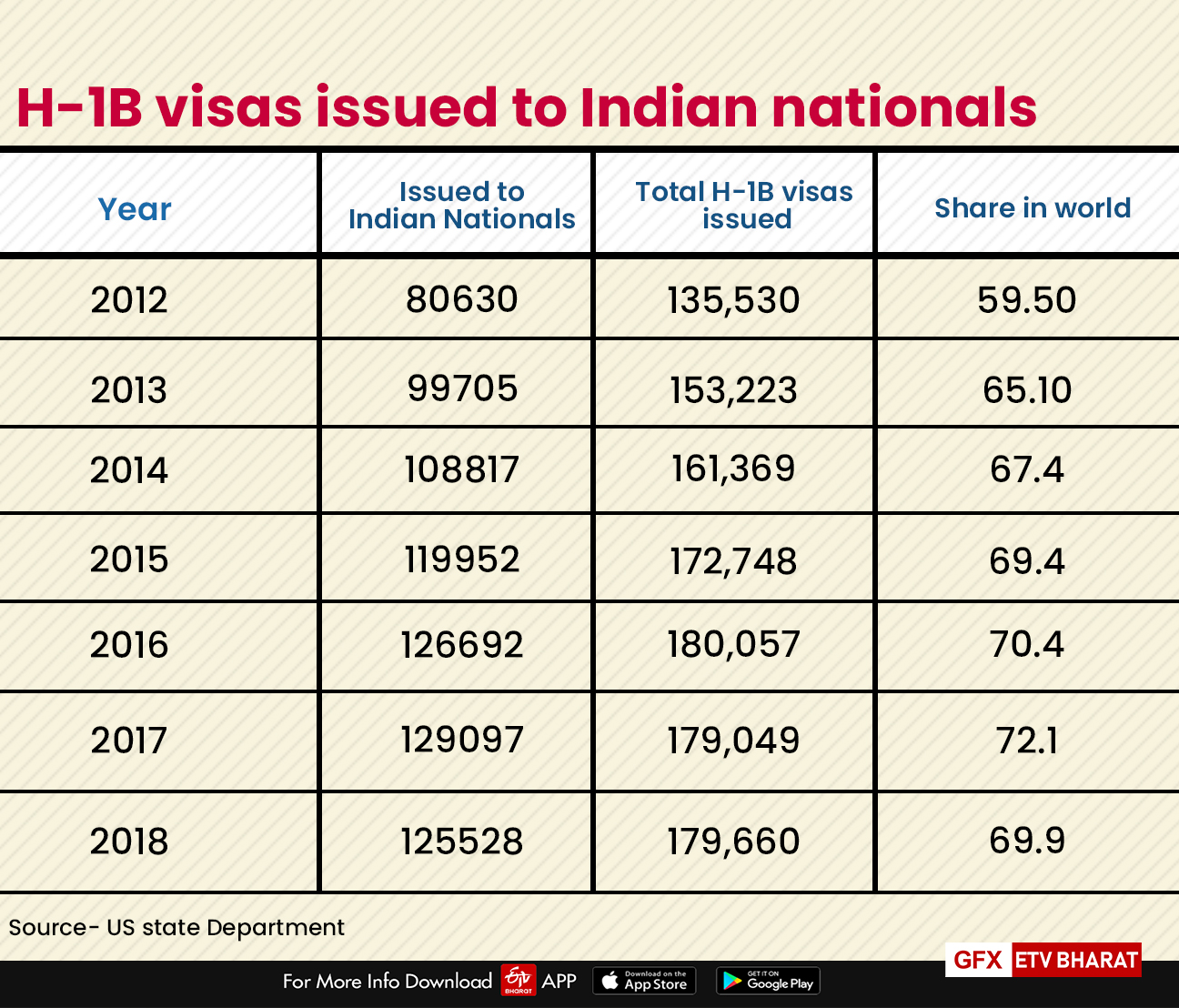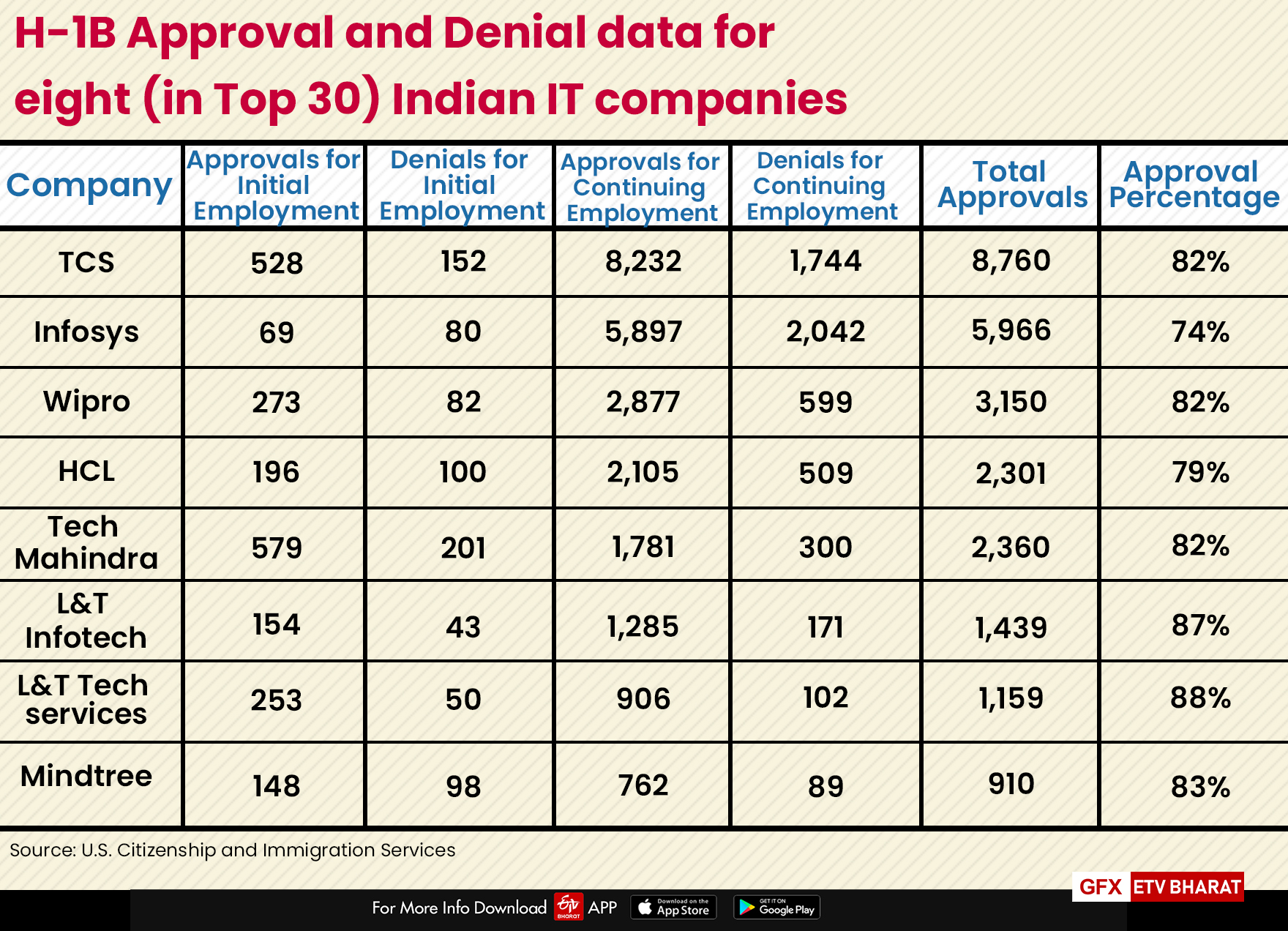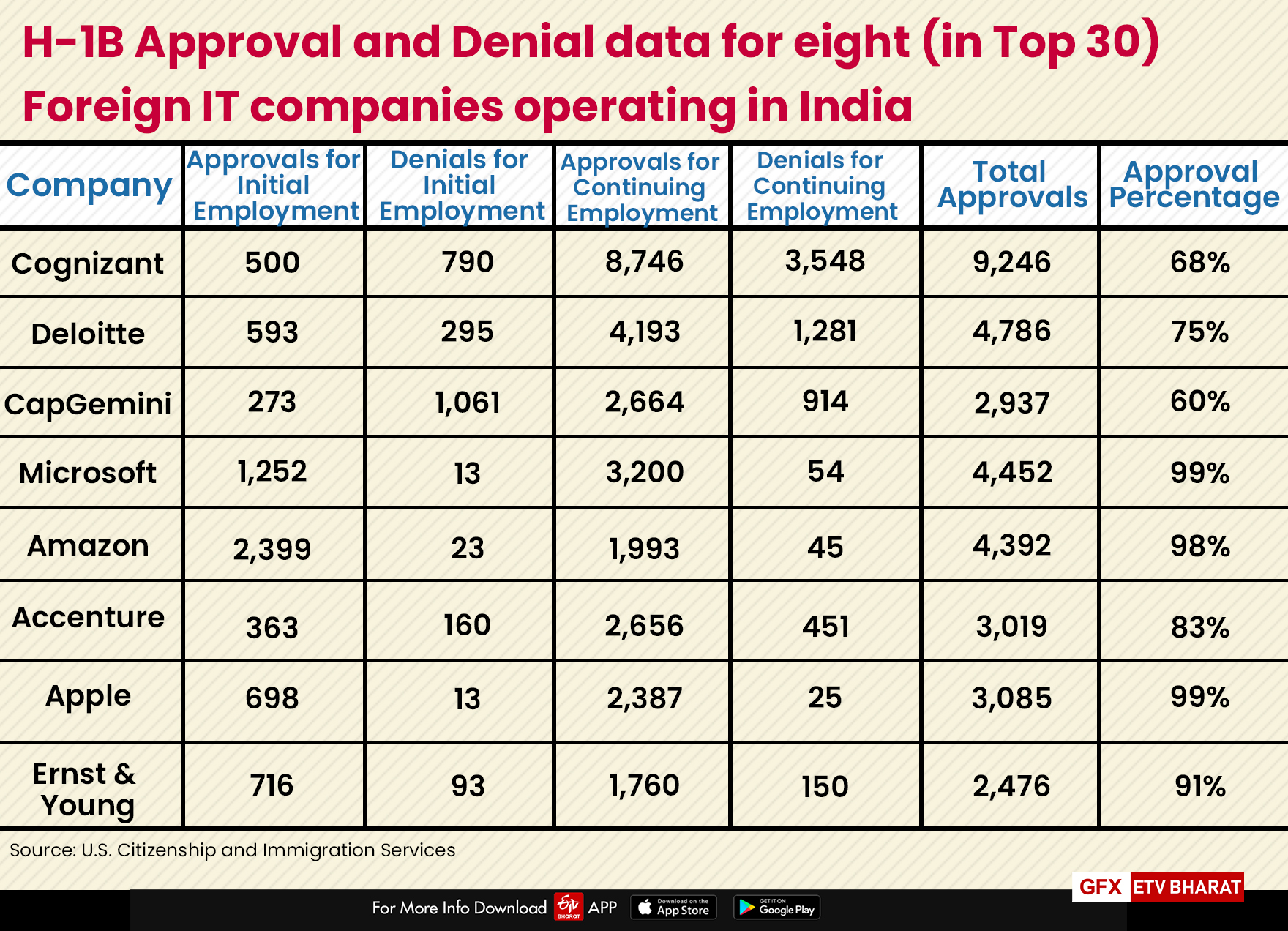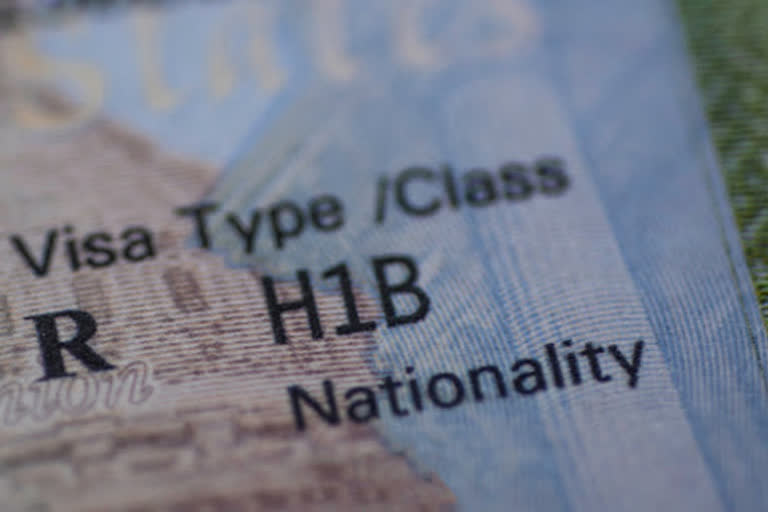Hyderabad: There are several facets to the suspension of H-1B Visa for a year by US President Donald Trump. Though President Trump supported his decision with the argument that it was a necessary step to ensure job security for Americans, the move is expected to hurt thousands of Indian IT professionals who seek jobs in the US through the H-1B visa every year.
What is H-1B Visa?
The H-1B Visa is a non-immigrant visa that allows US companies to employ foreign workers in speciality occupations that require theoretical or technical expertise.
The aim of the H-1B visa program, launched in the 1990s, is the main vehicle through which US employers can with labour shortages in fields like research, engineering, and computer programming can sponsor skilled foreign workers for admission.
READ:| UK Home Secy under pressure to extend visas to Indian docs
Categories of visas in the US:
H-1B: Issued to highly-skilled workers, mostly in the technology sector
H-2B: Issued to seasonal non-agricultural labour
H-4: Issued to spouses and children of H-1B and H-2B holders
J1: Issued to cultural and educational exchange, interns, trainees, teachers, camp counsellors, summer work travel program
J2: Issued to spouses and dependents of J-1 holders
L-1: Issued to high-level and specialized company employees
L-2: Issued to dependents of L-1 holders

Who will be impacted?
Most US companies hire employees from India and China, with India being the largest beneficiary of this program. Indians receive over 70 per cent of the total H-1B visas given out annually.
Out of these, 65,000 visas are issued to highly-skilled foreign workers while the rest of them are issue to highly-skilled workers with a higher education or masters degree from an American University.
There are over 3,00,000 Indians currently working in the US on H-1B visas.
If the employer terminates the contract of an H-1B holder employee in the US, the latter needs to find new employment within 60 days to retain their H1B status.
READ:| How has COVID-19 affected Global Visas
• In 2018, only 16 per cent of 2,145 H-1B visas were issued to the top six Indian firms.
• The denial rate of 12% for continuing employment in FY19 increased to four times higher than the denial rate of only 3% for such petitions in FY2015, as per an NFAP analysis.


Impact on India:
1. Those Indian who are willing to get an H-1B visa will have to wait until the end of 2020 before approaching the US diplomatic missions to get stamping.
2. IT professionals waiting for the renewal of their visas will also bear the brunt of the decision.
3. IT firms sending Indians to the US for projects will have to wait until the ban is lifted, resulting in a delay in work.
4. Annual costs workers' salaried firms might go up for IT firms as most of these companies keep the costs in check by hiring on visas.r them.
5. As per analysts, it is also possible that Indian professionals do not suffer any major setback due to the ban. The prevalence of work-from-home culture might help companies to still complete their projects.
6. Several companies have begun to hire locally in the last few years, thus reducing their dependency on visas.
READ:| Trump move on visas to hit IT sector, not bilateral ties: Experts



